On-page SEO should be mastered by every blogger.
Have you ever wondered what it takes to fully optimize a web page for search engines?
From an SEO standpoint, there are two primary sectors you have to consider: on-page optimization and off-page optimization.
Basically, there are things you can do on your site to help your rankings, and things you can do off of your site to improve rankings.
Let’s see in this post the main points to consider when working on the on-page SEO.
Table of Contents
1. Make Permalink URL SEO-Friendly
You need to create an SEO-friendly permalink URL.
How?
Make it short and add your keywords in it.
Don’t write things like:
nopassiveincome.com/p=87
or very long URLs like:
nopassiveincome/twitter-chat-i-love-it-so-much.
But focus just on your keywords, as this example:
2. Add Your Keywords in the Title
The title tag is the most important on-page SEO factor, so you should add your keywords in it.
You don’t need to place it at the first position, but the closer it is, the more weight will have for search engines.
See my example:
3. Play with Images and Videos
Wall of texts are hard to read and can also bore your readers.
Adding pictures, videos and graphics of any kind may help increase the page views of your site and reduce the bounce rate.
Plus, it can increase the time users spend on your site.
All these factors are really important to rank well on search engines.
Remember to add the proper alt tag to your images, possibly including your keywords, adding them also in the file names (for example, twitter_chat.jpg)
Tip: I like to make screenshots and add them to my content. They are really informative and can make understand the concept at first glance.
4. Link Out to Relevant Content
Outbound links should be a constant practice when creating new content.
This is a really important on-page SEO point.
I use to link out few times at beginning of my online journey, I think for fear of being penalized.
Now I finally learned the importance of adding relevant and quality outbound links in my content.
5. Add Your Keywords at Beginning of the Content
You should place your keywords within the first 100 words of your content.
Of course, try to do it in a natural way.
Again, an example:
6. The Importance of H1 Tag
Well, if you use WordPress, you don’t need to worry about it, because the H1 tag (headline tag), is already included to your blog post title.
See this example, checking the code:
7. Work on the Loading Speed of Your Web Pages
There are many ways to make your site faster.
I use a dedicated server with HostGator, to improve the loading speed of my sites.
You may want to use Google PageSpeed Insights to check your site stats.
8. Add Social Sharing Buttons
Social signals are important for ranking your content.
Number of tweets, authority of Twitter users, number of Facebook likes and shares, authority of Facebook user accounts, Pinterest pins, votes on social sharing accounts (like blogging communities), amount of Google +1’s and authority of Google accounts are all factors which influence the ranking of your web pages.
9. Work on the Length of Your Content
I use to write 300-500 words posts 5 years ago, now I try to write detailed and informative articles, with at least 1000 words.
It seems that 1500 is the ideal length of the perfect content.
See this “Top ranking & average page word count”, by CoSchedule.com:
10. Work on the Bounce Rate of Your Site
Bounce rate may be used by Google to rank your web pages.
Adding internal links (with your keywords), or the most popular post in the blog sidebar, are two effective ways to reduce the bounce rate of your site and increase the page views.
11. H2 and H3 Tags + Keywords in Your Content
You should include your keywords at least once in the H2 or H3 (etc) of your content.
Also, be sure to follow a specific keyword density (2% generally works for me, but I focused to go not much above 1% for the front page of my niche site).
I hope these points will help you optimize your content for search engines.
Other than on-page SEO, you should also take care of off-page SEO (basically getting links pointing to your site).
What do you think?
Any other tips to add?
Please share your views in the comments below, thanks!







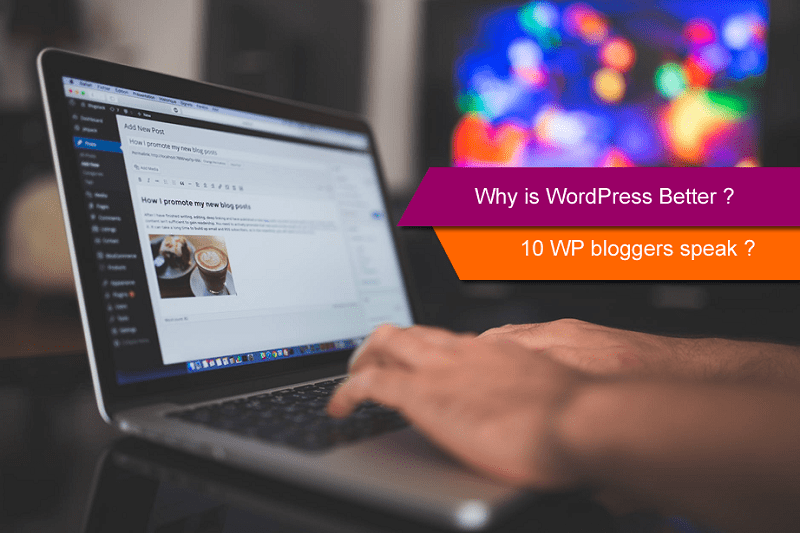

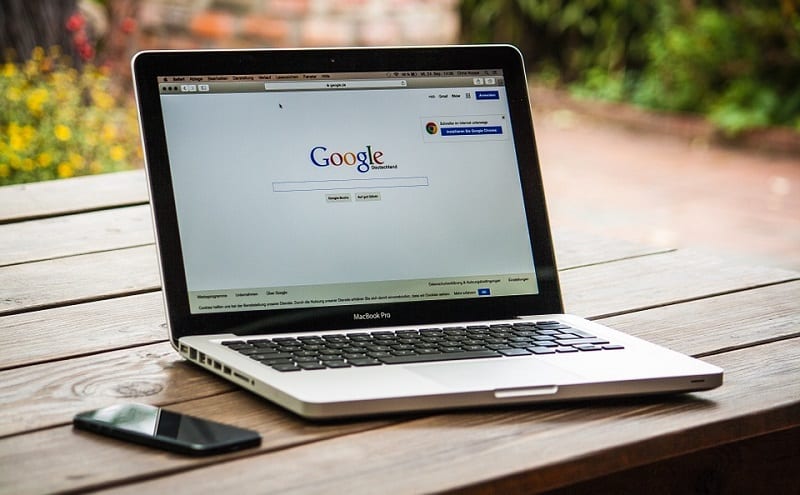


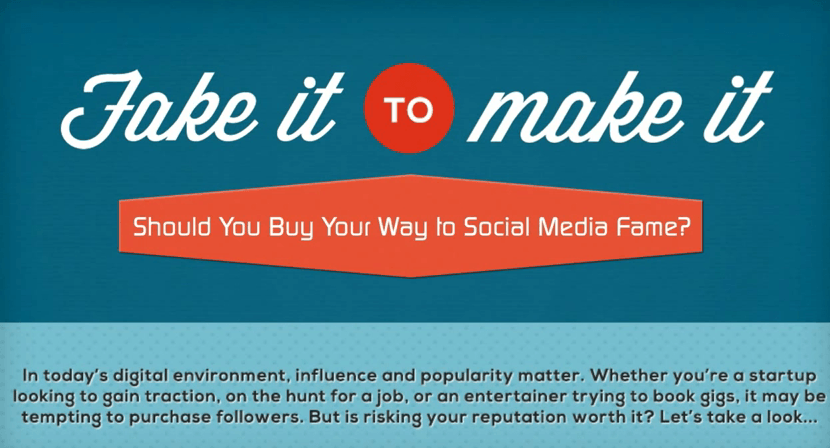

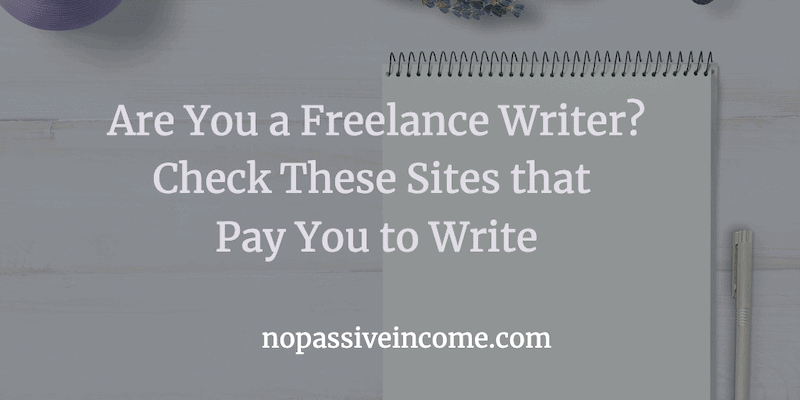


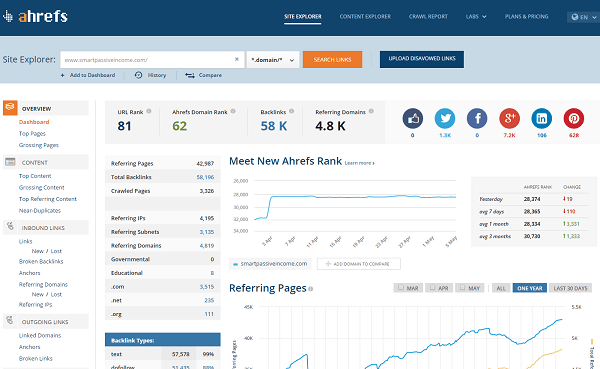

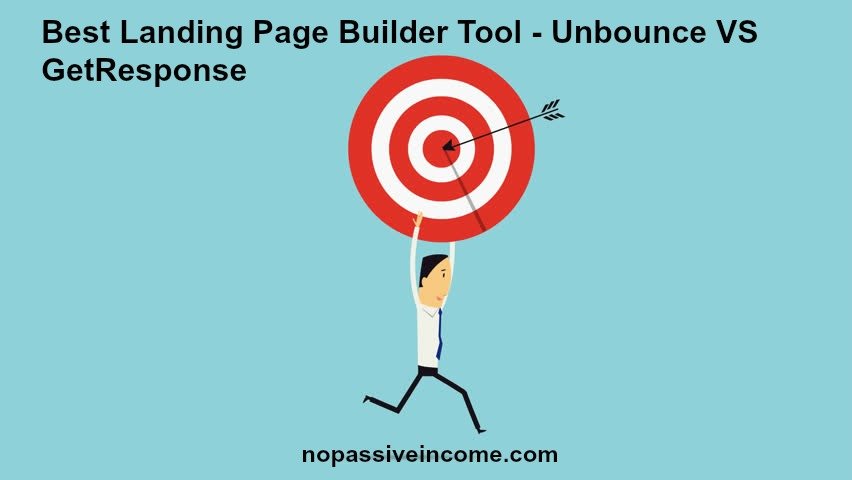


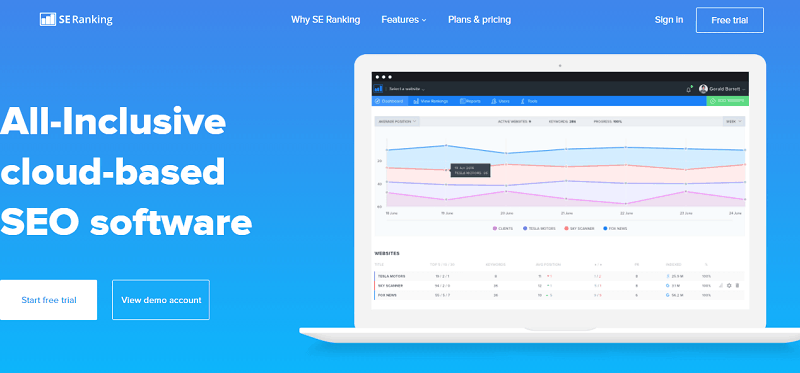
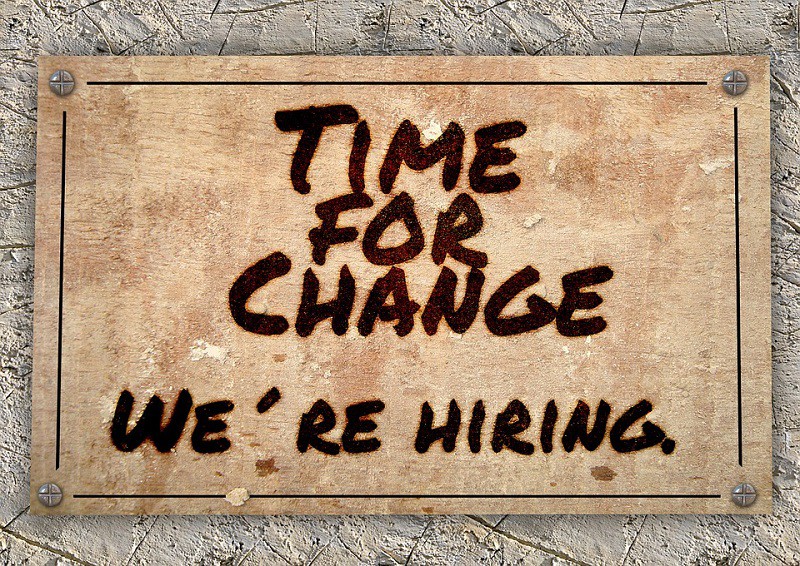
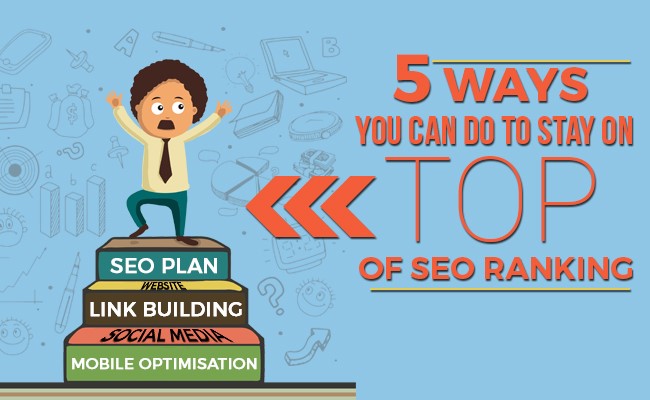
Spelling mistake in 9. Work on the Lenght of Your Content
Length
Thanks for the tips
Hello Erik
It is Wonderful Ideas and Step by Step Guide On Page SEO , is very important Point i like Your Article Great Writing Thanks a lot For Sharing me Keep it up
have a nice day
On-page SEO optimization is very simple but could be complicated. Yes, the complication can arise if there is no clear cut plan on linking.
The processes described here are basics and every one wanting to implement workable optimization must follow them.
Working on the bounce rate is a new strategy for me! Thanks for sharing these reminders!
I left the above comment in kingged.com
Nicely described basic seo practice. Step wise approach to make article seo as well as human friendly to get best results from both.
Well I would like to add one more thing in your play with images title, you can also you alt tags which help to include keywords.
Overall a complete seo package for the beginner !
Regards
Apoorv Agrawal
You nailed it! Especially with the “Pictures and videos” part.
Visuals are highly appealing to the human eye, thus increasing the time they stay on the page and (maybe) increasing the chances of them sharing your content with their friends.
Thankfully, there is an authoritative video for just about everything out there. If your well-constructed article has a related video attached, it will give your content that much more credibility.
Elvis Michael
Oh wow, thanks Eric,
Tip 9 seems to be my only problem with on-page SEO. However, I try to write longer posts once in a while.
Awesome Erik – Great Epic refresher for on page SEO!
It’s very interesting to see the average word count for the top position pages… Need to increase the work count from now on!
Hello, I am not a blogger nor a website specialist, In fact I am probably below beginner stage. I need help in a bad way, I just recently inherited my website and im finding out I know nothing about what you are talking about. However I am learning fast I have been adding items listing url’s keywords I would like it very much if someone would be willing to take a look and see if im heading in the right direction, without costing an arm and a leg of course. Thanks for you post! BUT IS A WEBSITE FOR DUMMIES?
MLVALIER
Thanks a lot for writing this post, Erick Sir. Even though, OnPage SEO is not easy to understand and comprehend, you wrote in such a way that it was not only easy to read, but simple to understand. Thanks a lot again.
Hi Eric,
Glad to see your post on page seo. On-Page SEO techniques helps to improve your search engine optimization, including; page titles, meta tags, descriptions, internal linking, body tags, etc.
All the points are explained very clearly, Great source of information about on-page seo strategies . Thanks for en-lighting us with your knowledge, it is helpful for many of us.
Kind Regards
Yasin Rishad
A very great article Erik,
Most people usually see SEO as a rocket science but if you ask me, i will tell you that its very easy, it all depends on how you approach it.
If you really want to benefit very well from the search engines then, you need to have SEO in mind from the first day you build you blog. It should all start from your content structure, you need to structure your site in such a way that it will not be difficult for the search engines to understand what its all about that way, every other thing will become somehow easy for you.
I have no doubt that if one can follow all the tips you’ve outlined here, he will end up building a solid On page SEO and his site will be highly favoured.
Thanks for sharing Erik
Great Share Erik.
I think on-page is the primary factor for better search appearance. URL construction, loading speed and placing keyword to the right position (such as title and header tag) are very necessary. I find Google webmaster tool is pretty much helpful as it can notify about HTML improvements, 404 error, etc.
I consider that we cannot ignore mobile-friendly optimization as search engines are providing more value to responsive web pages.Internet mobile users are growing at a rapid speed as well.
Thank you, Erik, for sharing such a great on page checklist.
Hello Eric! First of all thanks for this blog. I am novice in SEO so; it was really useful for me. I read all the points and it’s really very clear to me now.
Thanks for these golden nuggets. I recently learned about the linking out technique as well. However i’d like to know if it makes any difference if the outbound links are dofollow or nofollow.?
Proper Seo is the requirement of any successful blog.
We know content is the king but the SEO is really a queen.
The Blogging realm can only run fine when these two factors are having good health.
Thanks for the article Erik! Been looking into improving my on page seo skills and this has been really useful. Keep sharing the awesome content, cheers!
Hi Erik,
Most of bloggers not getting a point regarding the On Page SEO. But On Page SEO plays major role in Search Engine Ranking. You covered almost all points on On Page SEO. Thank you for adding those details..
On the note of page speed – Cloudflare helps a lot with that, and it’s completely free.
The most important thing is good hosting, though. I was having trouble with my sites loading slowly forever, and I had tried everything under the sun to make sure they were as optimized as possible and nothing was working. Turns out all it took was upgrading to a faster server, which I suppose is kind of a “well yeah duh” kind of thing, but still. The lesson is if your sites are loading slowly, it might not be something wrong with your sites. It might be the most obvious thing of all, your server!
I am very new on SEO. I heard that today we need 80% content +20% On-page.
Is that true? But I will try to build some high quality backlinks also.
SEO on a page is not that complicated if proper steps are followed. The technique of building links from relevant content and adding keywords at the beginning of the content can lead to good on-page implementation results. Even I got to know something new about analyzing the bounce rate of the web page which I had never tried till now. So for me, it is a new learning. Thanks for sharing it.